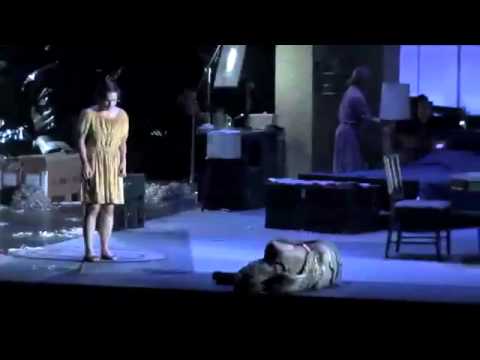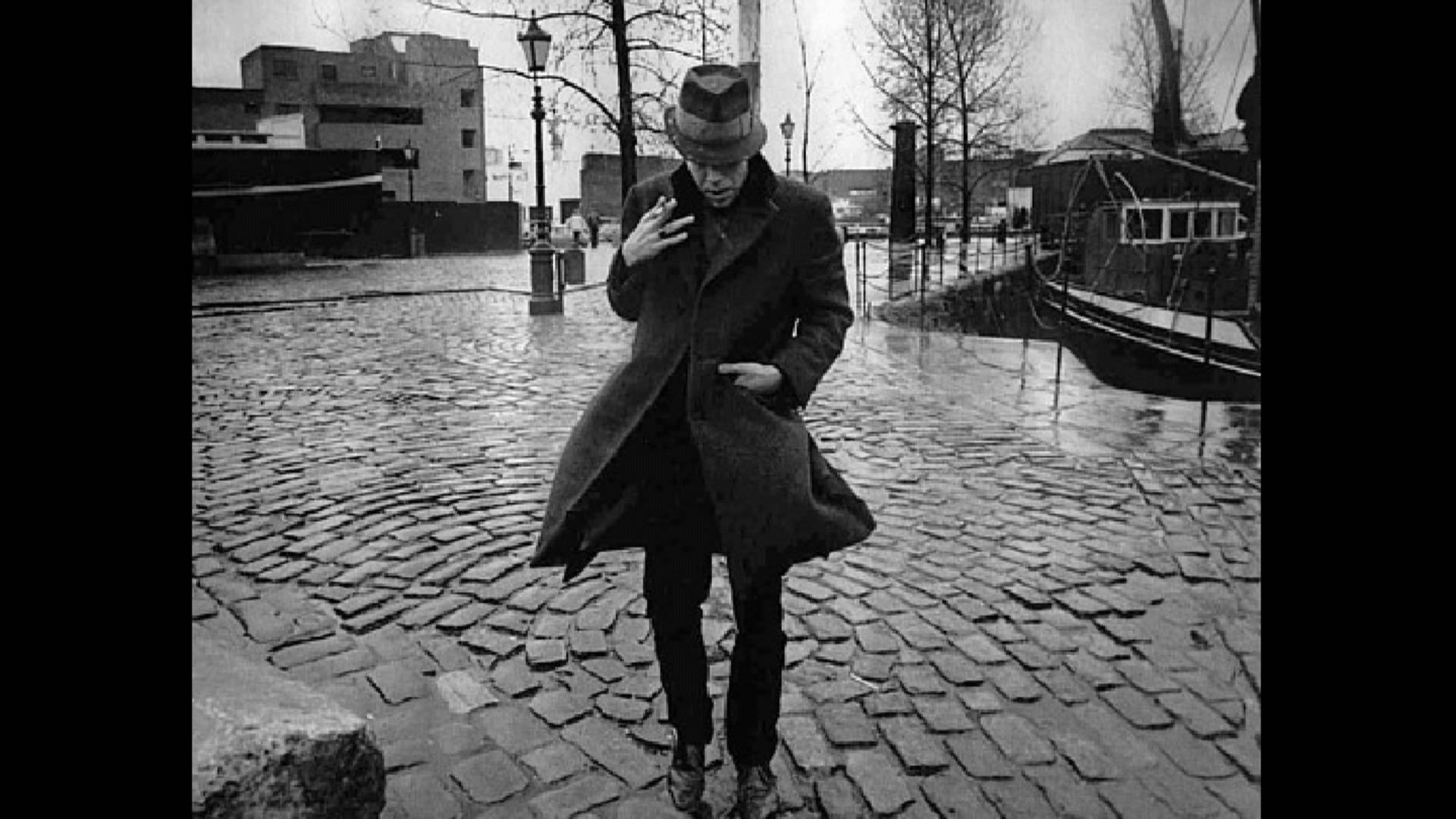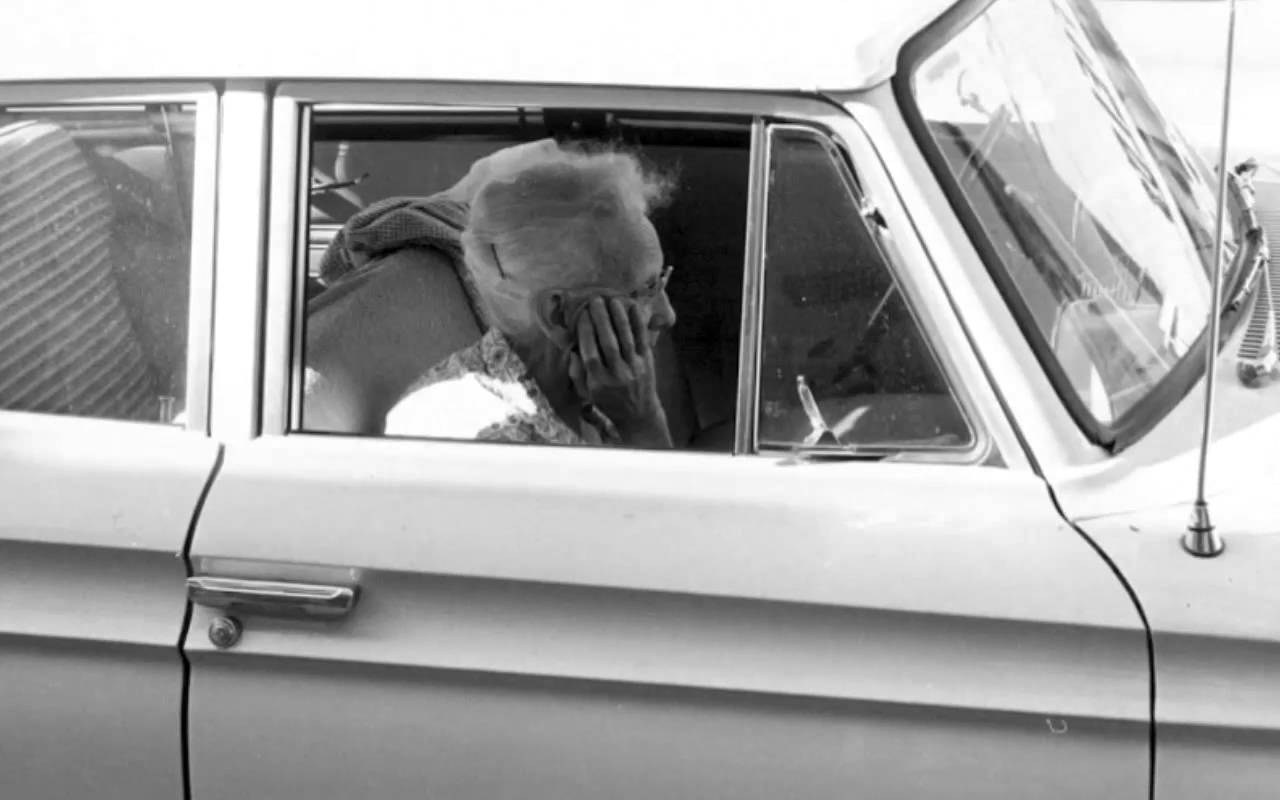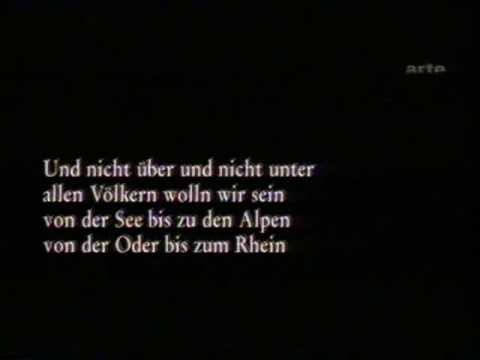
by Michael Barrett | Feb 8, 2016 | Song of the Day
from NYFOS’s own Michael Barrett: We have just had our first 2016 NYFOS Next concert at Opera America. The next two are Feb. 11 and Feb. 18. On Feb. 4, David T. Little curated a wonderful program that, along with excerpts from his brand new opera JFK (premiering Ft....

by David T. Little | Jan 29, 2016 | Song of the Day
This week our SoTD curator is composer David T. Little who will host and curate the opening evening of NYFOS Next 2016 on February 4th. Little’s operas Soldier Songs and Dog Days have received wide critical acclaim, the latter having received performances this...

by David T. Little | Jan 28, 2016 | Song of the Day
This week our SoTD curator is composer David T. Little who will host and curate the opening evening of NYFOS Next 2016 on February 4th. Little’s operas Soldier Songs and Dog Days have received wide critical acclaim, the latter having received performances this...

by David T. Little | Jan 27, 2016 | Song of the Day
This week our SoTD curator is composer David T. Little who will host and curate the opening evening of NYFOS Next 2016 on February 4th. Little’s operas Soldier Songs and Dog Days have received wide critical acclaim, the latter having received performances this...

by David T. Little | Jan 26, 2016 | Song of the Day
This week our SoTD curator is composer David T. Little who will host and curate the opening evening of NYFOS Next 2016 on February 4th. Little’s operas Soldier Songs and Dog Days have received wide critical acclaim, the latter having received performances this...







Recent Comments